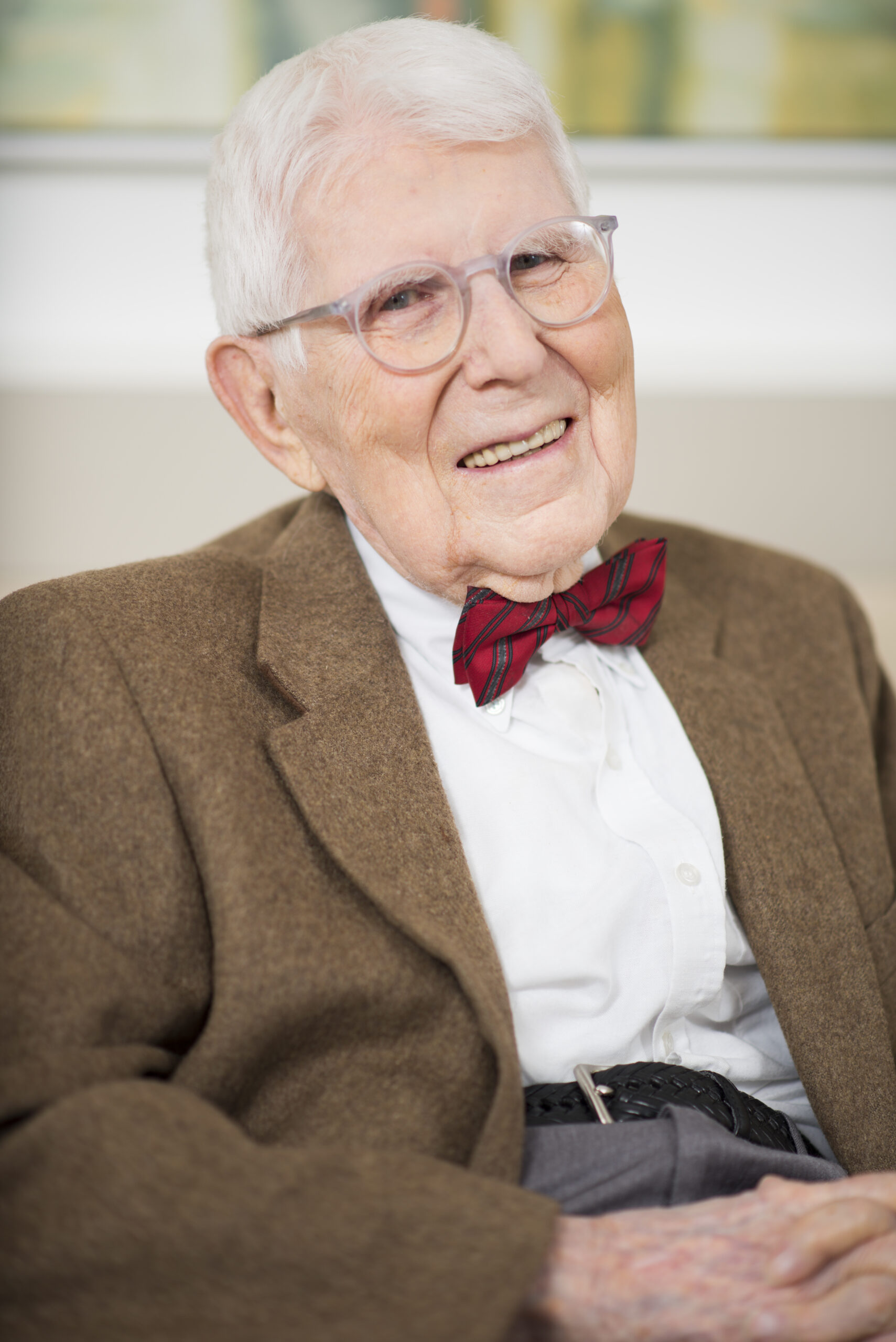The Evolution of CBT in Community Mental Health
Aaron T. Beck, MD
Part 2 of 3 (Read part 1, A Biography of Cognitive Behavior Therapy)

At some point, Cognitive Therapy morphed into what was then called Cognitive Behavioral Therapy, and continued to be quite popular. It turned out to be widespread, and people came to us from all over the world for training. However, I had a nagging feeling that we were mostly training therapists who would be seeing individuals in private practice. That meant that people with a higher social economic status tended to receive Cognitive Therapy, but there was a huge population of other individuals, being treated within the community, who did not receive Cognitive Therapy or any of the other evidence based treatments. So the question become, how do we get to treat patients in a community setting? I had no contacts within the community in Philadelphia. And then by a stroke of fortune, I heard that there was a new director of the Philadelphia Department of Behavioral Health and Intellectual Disabilities Services (DBHIDS). Arthur Evans, Ph.D. was coming from Yale University. I could see right off there would be a meeting of the minds. I was looking for a community in which to disseminate Cognitive Therapy and he was looking for an evidence based treatment to disseminate in DBHIDS. Thus, we started a partnership in 2007.
And so we continued on and it was quite successful. Dr. Torrey Creed joined my team and headed up the work, developing implementation strategies to bring CBT to diverse real-world settings. Again, there was a great deal of adaptation, but this time it was to find ways to fit CBT to the challenges of community mental health. We published a paper in the Journal of Consulting and Clinical Psychology describing the first 7 years of our work, showing that we are able to bring high-quality CBT to the previously missed community populations, even in non-traditional treatment settings with complex patients. In fact, the clinicians were able to deliver CBT with as much competency as therapists in the earlier clinical trials!
Then around 2011, Arthur Evans told me that there was a panel at the American Psychological Association on the Recovery movement, and he asked if I would give a lecture on Recovery. Well, that puzzled me. I asked, “What is Recovery? Well, Recovery has to do with setting up certain objectives for the individuals rather than simply focusing on relief of symptoms. It was ascertaining from the individuals what their major goals in life were—e.g., to be independent, to have connections with other people, to be involved productively, to have a restoration of dignity and to have purpose. I thought, wow – that all sounds ideal. So I asked Arthur, “How do you go about doing this? They are wonderful objectives, but how do you go from A to Z? For example, a patient who is huddled in a corner and talking to himself all day, how do you get him out, to living independently, getting a job, making connections with other people?” And he said, “Well, that’s going to be the topic of your speech!”
So I did a lot of head work. I talked with Dr. Paul Grant, and we came up with a new way in which we are able to use the same principles of Cognitive Therapy that we use with depression and anxiety. The same principles could be utilized within a Recovery framework, working with severely mentally ill individuals – but it differed in many respects from the standard Cognitive Therapy techniques. For example, there is less emphasis on dialogue and much more on forming a solid relationship with the individual – some call it engagement – and then setting goals with the individuals, and following this up with a number of experiential and behavioral experiences or assignments, which would advance the individual from being huddled in a corner, to becoming more engaged with the therapist and with the therapeutic community (which was very important), and then moving on to less restrictive levels of care, and then finally, finding their place in the community.
And so we started off at the Episcopal Hospital and then moved on to Girard Hospital, and from there, we went to various other settings. Eventually, we were able to go to facilities that were serving the severely mentally ill individuals.